The lottery is a form of gambling in which participants pay for tickets and then win prizes. A properly run lottery can be a good way to raise money for a public purpose without taxing people directly. But the lottery system is not necessarily fair, and many people lose.
A lot of people play the lottery because they like gambling, and there’s nothing wrong with that. But the big problem with the lottery is that it dangles a promise of instant riches in an age of inequality and limited social mobility. And the lottery companies know it, which is why you see billboards all over the place with huge jackpot amounts.
It’s important to remember that most of the money you pay for a lottery ticket ends up in the prize pool, and not in your pocket. The state gets the majority of that, and uses it however it pleases, typically by funding support groups for gambling addiction or recovery and enhancing general state revenue (roadwork, bridgework, police forces).
If you want to improve your chances of winning a prize, choose random numbers that aren’t close together–other players are less likely to select a predictable sequence. Also, buy more tickets, as this increases your odds of getting a winning combination. And try to steer clear of numbers that have sentimental value, like your birthday or a relative’s name, since they tend to be popular choices. If you’re really serious about winning, then join a lottery group and purchase lots of tickets in order to increase your chance of winning.